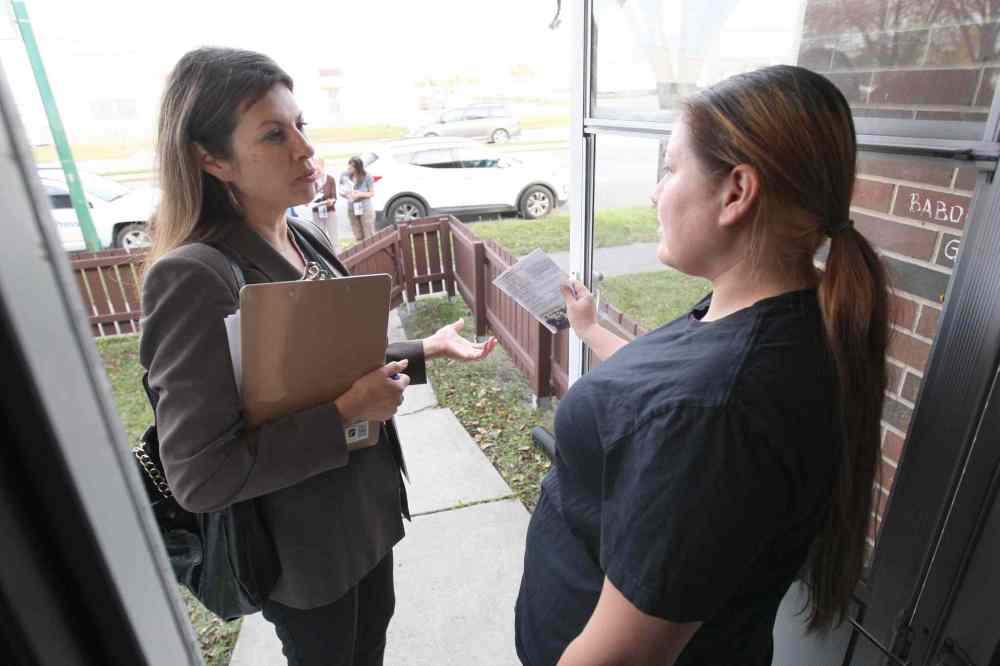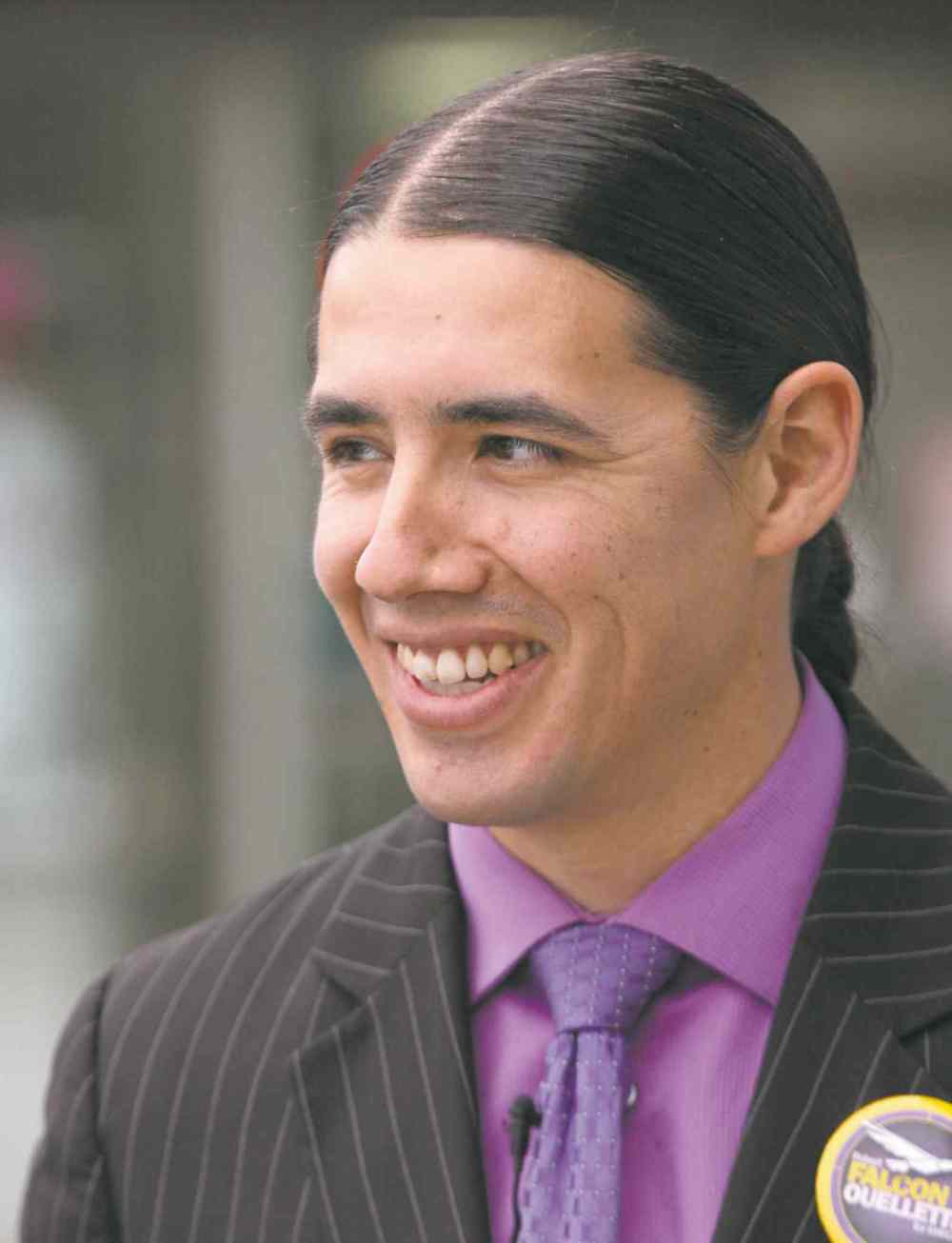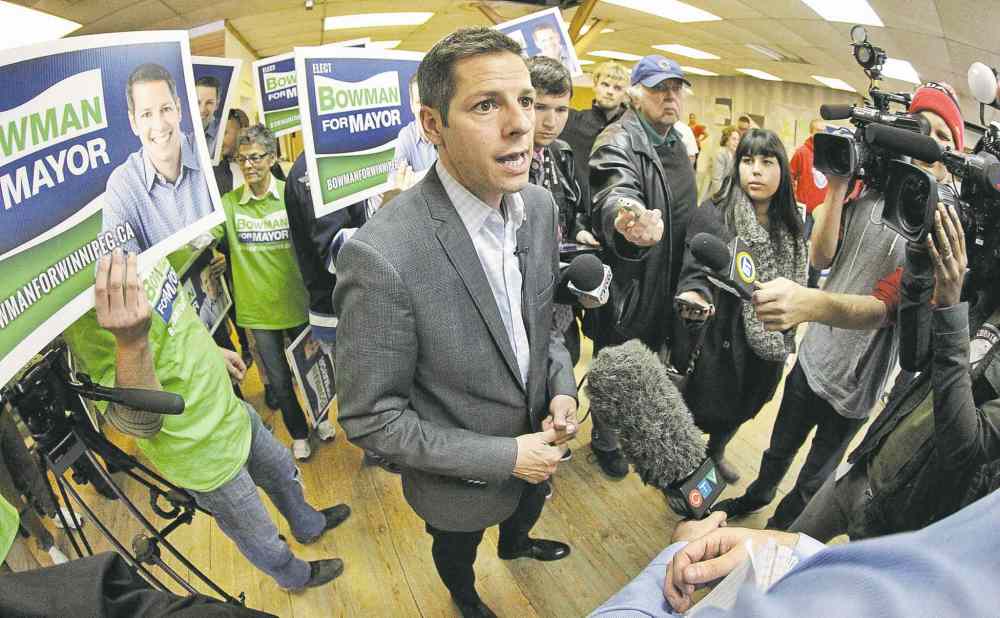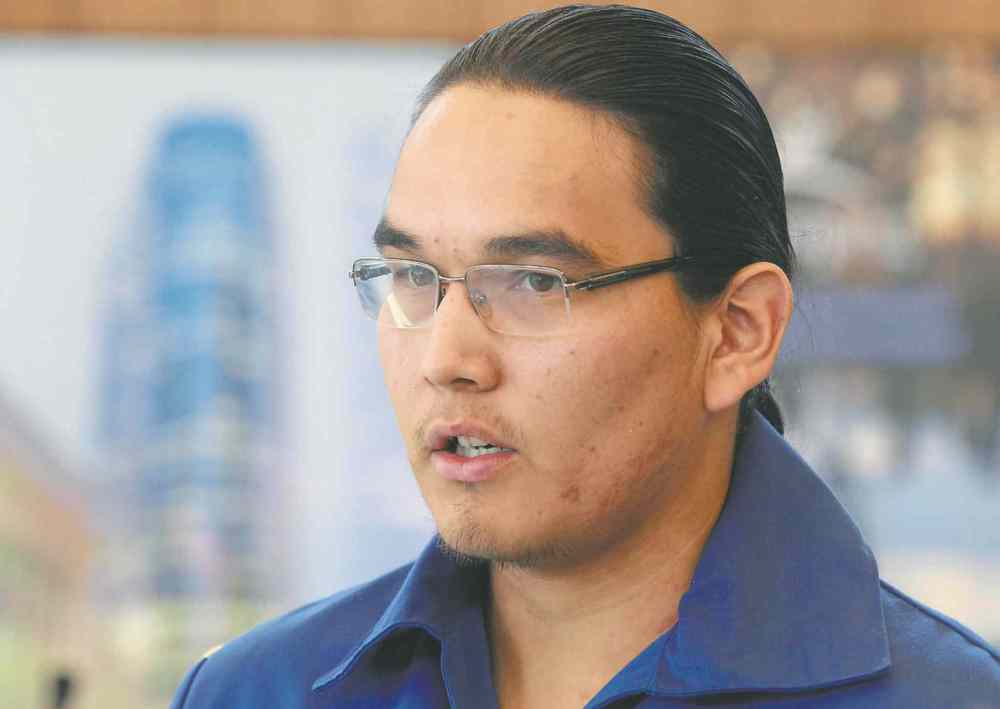More aboriginal candidates on campaign trail
Overall number still small, but greater awareness cited
Advertisement
Read this article for free:
or
Already have an account? Log in here »
To continue reading, please subscribe:
Monthly Digital Subscription
$0 for the first 4 weeks*
- Enjoy unlimited reading on winnipegfreepress.com
- Read the E-Edition, our digital replica newspaper
- Access News Break, our award-winning app
- Play interactive puzzles
*No charge for 4 weeks then price increases to the regular rate of $19.00 plus GST every four weeks. Offer available to new and qualified returning subscribers only. Cancel any time.
Monthly Digital Subscription
$4.75/week*
- Enjoy unlimited reading on winnipegfreepress.com
- Read the E-Edition, our digital replica newspaper
- Access News Break, our award-winning app
- Play interactive puzzles
*Billed as $19 plus GST every four weeks. Cancel any time.
To continue reading, please subscribe:
Add Free Press access to your Brandon Sun subscription for only an additional
$1 for the first 4 weeks*
*Your next subscription payment will increase by $1.00 and you will be charged $16.99 plus GST for four weeks. After four weeks, your payment will increase to $23.99 plus GST every four weeks.
Read unlimited articles for free today:
or
Already have an account? Log in here »
Hey there, time traveller!
This article was published 20/10/2014 (4055 days ago), so information in it may no longer be current.
It’s still paltry, but the number of indigenous candidates in this year’s civic election has never been higher, say two key aboriginal leaders.
Past elections have produced only a couple of aboriginal candidates, such as in 2002 when Chris Henderson, an Anishinabe leader now the head of the Treaty Land Entitlement Committee, ran for mayor and St. Boniface Coun. Dan Vandal, who is Métis, was acclaimed.
This election, there are at least four aboriginal candidates, including two in the mayor’s race — Brian Bowman, who is Métis, and Robert-Falcon Ouellette, who is a member of the Red Pheasant Cree Nation near North Battleford, Sask.

“He’s opening a lot of eyes for the city on some of the issues indigenous candidates think are important,” said Idle No More activist Kyra Wilson, who helped Ouellette in the early days of his campaign.
Also running are Kevin Settee, a University of Winnipeg student running to represent Ward 5 residents with the Winnipeg School Division, and Rebecca Chartrand, who is hoping to unseat Coun. Mike Pagtakhan in Point Douglas.
Four candidates might be a record, but it’s still a puny figure. Of the 175-plus people running for council or a school board, only two per cent are indigenous. Winnipeg’s aboriginal peoples make up nearly 12 per cent of the population.
Aboriginal leaders, including former national chief Phil Fontaine and Manitoba Metis Federation president David Chartrand, say they have never seen so many indigenous names on the ballot.
Fontaine said it’s a reflection of increased political awareness among First Nations and Métis people. Candidates emerge from a generally more engaged indigenous electorate, who are willing to vote, donate, volunteer and coalesce around a quality candidate.
‘Running for city council wasn’t something I was personally aspiring to do. Anybody I encouraged basically turned it around on me and said “Maybe you should run” ‘ — Rebecca Chartrand
Indigenous people tend to take federal and even provincial elections more seriously because so many of their issues are managed by those levels of government. They tend to feel like afterthoughts in civic politics, said Fontaine.
“If we are taken seriously, it’s a negative thing, it’s as a problem,” he said.
But, this election has been different, starting with the Idle No More movement and culminating in a series of key events in Winnipeg during the campaign period, including the death of 15-year-old Tina Fontaine, the rekindling of the issue of missing and murdered women and a Winnipeg Free Press/ CTV Winnipeg Probe Research poll that found three-quarters of Winnipeggers are worried about a city divided by race.
Chartrand, an aboriginal-education consultant for the Seven Oaks School Division, said she entered the race after initially encouraging other indigenous Winnipeggers to run for school trustee and council positions.
“Running for city council wasn’t something I was personally aspiring to do,” said Chartrand, who identifies as Anishinabe and Métis. “Anybody I encouraged basically turned it around on me and said ‘Maybe you should run.’ “

Chartrand said she was galvanized by her involvement in the Drag the Red movement, a search for the remains of missing and murdered indigenous women, which sprang up following Fontaine’s death. She has actively recruited votes among the city’s poor and those who have never voted, canvassing the city’s hotels and shelters and helping supporters to the polls.
maryagnes.welch@freepress.mb.ca bartley.kives@freepress.mb.ca
History
Updated on Monday, October 20, 2014 6:24 AM CDT: Replaces photo
Updated on Monday, October 20, 2014 11:17 AM CDT: Changes headline



